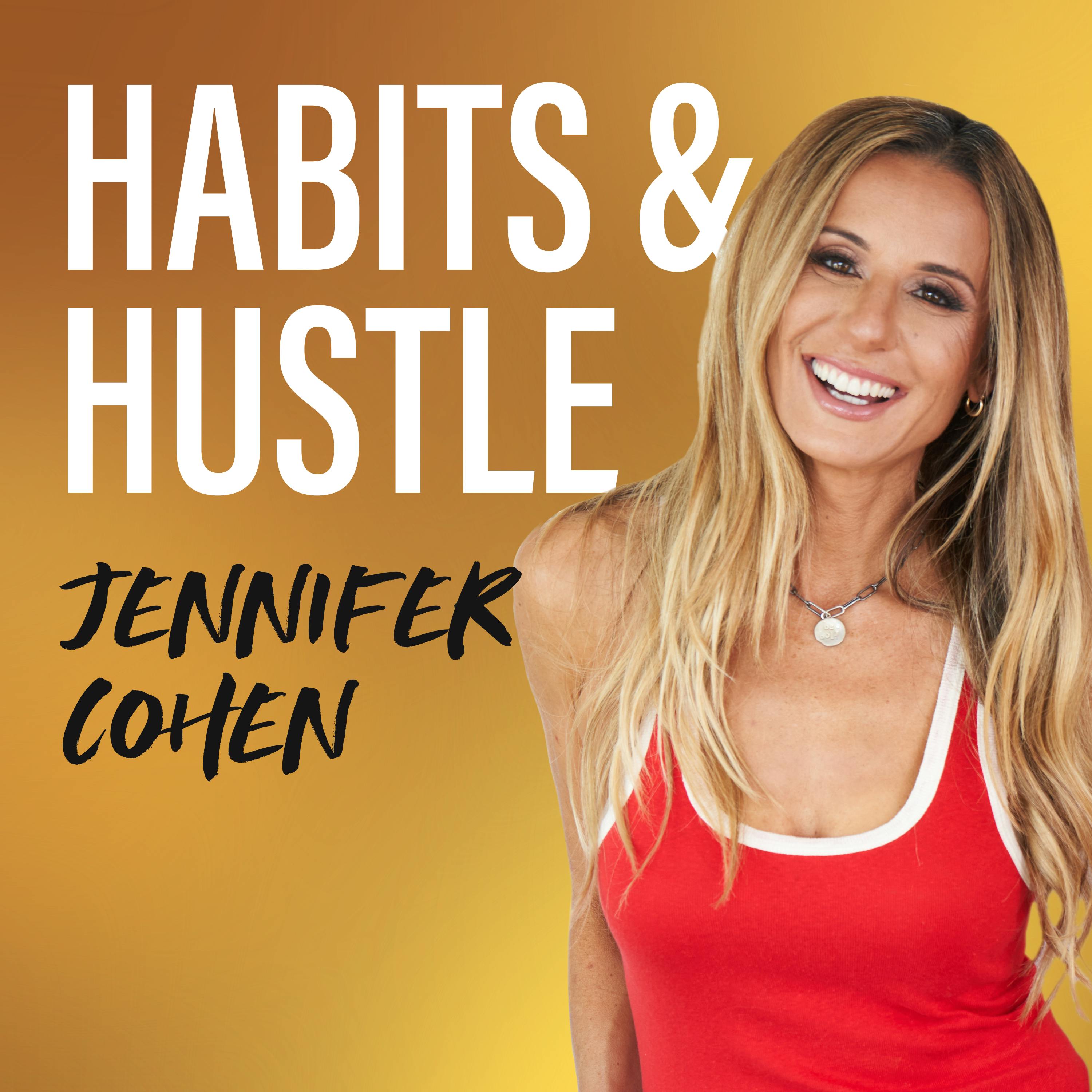
Episode 397: Michael Easter on The Comfort Crisis: Is Optimizing Life Making Us Weaker?

Habits and Hustle
Key Insights
Why do people often engage in behaviors they know are detrimental in the long run?
People choose short-term rewards at the expense of long-term growth, driven by evolutionary wiring that prioritizes immediate survival over future planning.
How can slowing down behaviors help in reducing addictive or detrimental habits?
Slowing down behaviors introduces friction, allowing for reconsideration and often leading to a reduction in the frequency of unwanted actions, as seen with online shopping, food consumption, and phone usage.
Why do humans and animals prefer unpredictable rewards over predictable ones?
Unpredictability grabs attention and provides excitement, which is evolutionarily beneficial for survival, as it encourages continuous searching for resources in an uncertain environment.
How does modern life contribute to our craving for unpredictability?
Modern life has reduced the need for physical survival activities, leading to a lack of natural stimulation. This drives us to seek unpredictability through artificial means like gambling, social media, and online shopping.
Why do we often overlook subtraction as a solution to problems, preferring addition instead?
Humans are wired to add resources to solve problems, even when subtraction would be more efficient. This bias is demonstrated in experiments where subtraction consistently provides better solutions with fewer resources.
How does the accuracy of wearable technology impact our understanding of health metrics?
Wearable technology often overestimates steps and provides inaccurate data on sleep and workout metrics, making them less reliable for tracking health and fitness.
What daily habits contribute to Michael Easter's productivity and well-being?
Michael starts his day with several hours of writing, takes his dogs for a walk, incorporates a ruck, and reserves afternoons for less intellectually demanding tasks. He also prioritizes reading and unwinding with light entertainment in the evening.
Why might elaborate morning routines be counterproductive?
Elaborate routines can be burdensome and breed narcissism, making individuals feel guilty if they don't follow every step. They may also distract from actual responsibilities and work.
Chapters
- Michael Easter's books 'The Scarcity Brain' and 'The Comfort Crisis' explore the unintended consequences of modern wellness practices.
- The conversation highlights the concept of the scarcity loop and its impact on human behavior.
Shownotes Transcript
Is our obsession with optimization actually making us weaker?
In this episode of the Habits and Hustle podcast, I am joined by Michael Easter, author of "The Comfort Crisis" and "Scarcity Brain," to explore how modern society's relentless pursuit of wellness and optimization might be backfiring.
We discuss the possibility that the more requirements we add to basic human functions (like sleeping, exercising, or working), the more fragile we become. We also dive into elaborate morning routines, sleep-tracking devices, how subtraction, not addition, might be the key to building real resilience in our overly-comfortable world, and the best way to end a day of intellectual work.
Michael Easter has made a career as a New York Times bestselling author by traveling the world to uncover practical ideas that help people live healthier, happier, and more remarkable lives. His research spans from war zones to the Arctic to the Bolivian jungle, where he's interviewed thousands of experts including Nobel laureates and world-class athletes. Easter shares these science-backed insights in his books, including Scarcity Brain and The Comfort Crisis, as well as in his newsletter, Two Percent with Michael Easter. His work has been adopted by professional sports teams, Fortune 500 companies, and elite military units to transform their approaches to physical health, mental well-being, and performance.
What We Discuss:
(00:00) Book Authors Discuss Success and Integrity
(08:27) The Scarcity Loop in Behavior Psychology
(15:34) Behavioral Psychology and Impulse Control
(28:16) Unpredictability and Stimulus Seeking
(42:21) Efficiency Through Resource Subtraction
(50:30) Daily Habits and Mental Stamina
…and more!
**Thank you to our sponsors: **
AquaTru: Get 20% off any purifier at aquatru.com) with code HUSTLE
Therasage: Head over to therasage.com) and use code Be Bold for 15% off
TruNiagen: Head over to truniagen.com) and use code HUSTLE20 to get $20 off any purchase over $100.
Magic Mind: Head over to www).magicmind.com)/jen and use code Jen at checkout.
BiOptimizers: Want to try Magnesium Breakthrough? Go to https://bioptimizers.com/jennifercohen) and use promo code JC10 at checkout to save 10% off your purchase.
Timeline Nutrition: Get 10% off your first order at timeline.com/cohen)
Air Doctor: Go to airdoctorpro.com) and use promo code HUSTLE for up to $300 off and a 3-year warranty on air purifiers.
**Find more from Jen: **
Website: https://www.jennifercohen.com/)
Instagram: @therealjencohen
Books: https://www.jennifercohen.com/books)
Speaking: https://www.jennifercohen.com/speaking-engagement)
Find more from Michael Easter:
Website: https://eastermichael.com/)
Books: https://eastermichael.com/books-v2-wip/)
Instagram: https://www.instagram.com/michael_easter/)
